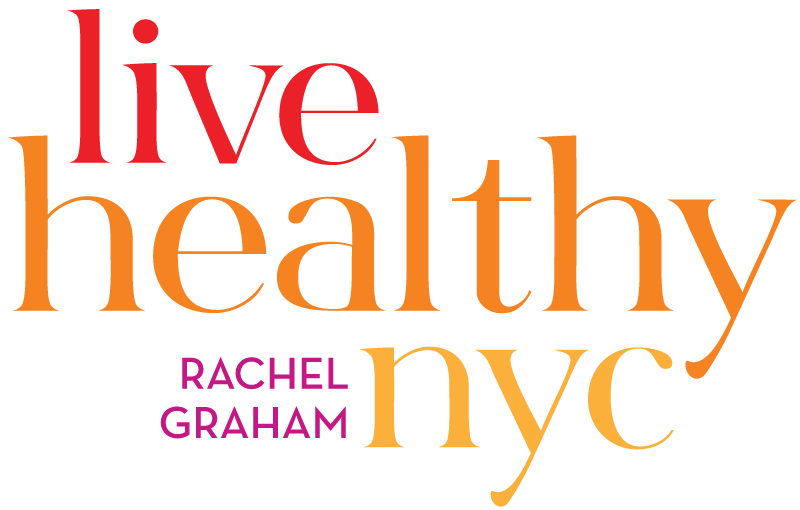“How do you do it?" she asked me? What’s my food philosophy? She wanted to know. I responded, “I don’t have a food philosophy, I have tools”. Not having a strict food philosophy can be liberating and offers a flexible and intuitive approach to eating. A food philosophy often implies a rigid set of beliefs or rules about what, how, and when to eat. This can range from following specific diets like veganism, paleo, or keto, to adhering to ethical or cultural food practices. While these philosophies can provide structure and meaning, they can also be restrictive and stressful for some people.
Remember the “three bite rule” for desserts? First bite: Taste it. Allow your mouth to say hello to the flavors. Second bite: Enjoy it. Savor the flavors and give yourself permission to get pleasure from it. Third bite: Say goodbye. Did this really work? I tried it but it was too strict (I actually really hated to give up what I was enjoying!). I used to adhere to sets of “food rules” but I have learned through my intuitive eating journey that relying on a toolkit of strategies and knowledge can provide a more adaptable and personalized way to maintain a healthy diet and lifestyle.
How does one focus on tools? Below are some of my thoughts:
1- Flexibility and Adaptability
Without a strict food philosophy, you are free to adjust your eating habits based on your current needs, preferences, and circumstances. Whether you're traveling, dealing with a busy schedule, or accommodating new dietary requirements, flexibility allows you to make practical and realistic choices.
2- Intuitive Eating
Relying on internal cues such as hunger, fullness, and cravings, rather than external rules, can help foster a healthier relationship with food. This approach encourages mindful eating and helps you become more attuned to your body’s natural signals.
3- Know Thyself
Everybody is unique and knowing what works best for you and your body is key. Understanding how eating foods affect your body is important to learning how to feel your best.
A flexible approach encourages balance and moderation rather than extremes. You can enjoy a variety of foods without guilt, leading to a more sustainable and enjoyable way of eating. This balance helps prevent the pitfalls of overly restrictive diets and promotes long-term health.
As a licensed Clinical Behavioral Therapist and an Intuitve Eating Counselor, if I can help you to learn practical tools that will allow for a more adaptable, personalized, and sustainable approach to eating, I am here for you. If I can help you to understand your feelings, learn how to rest, learn how to feel better about yourself and make positive changes, feel free to contact me at rachel@livehealthynyc.com

